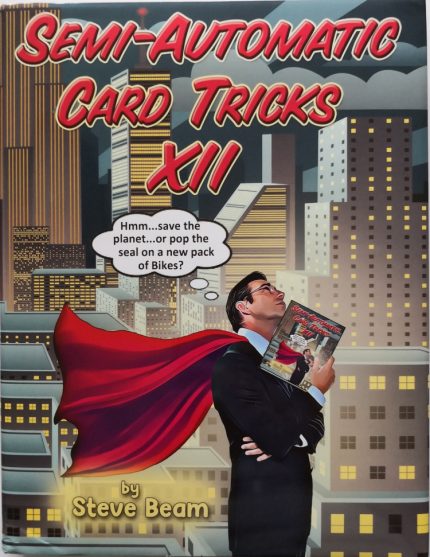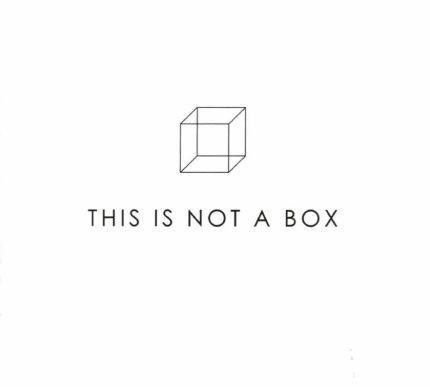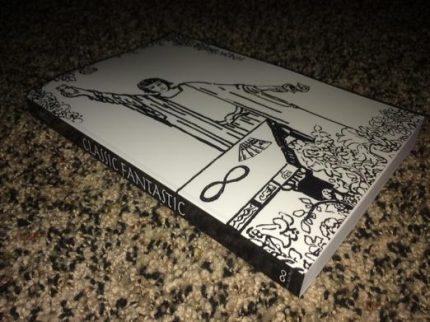Unleash the secrets of the Gloomy Sunday Seance by Vincent Wilson! Download now and master psychological manipulation to conduct truly chilling seances. (158 characters)
Product information
Description
Are you ready to send chills down your spine? Vincent Wilson’s Gloomy Sunday Séance is here to test your courage and psychological prowess. Perfect for those who dare to explore the darker side of human emotions, this instant download is not for the faint-hearted. Proceed with caution—the writer and all associated parties take no responsibility for the physical or mental health of those who partake in this eerie experience.
Dive into the haunting history of Gloomy Sunday, famously known as the “Hungarian Suicide Song.” Composed by Rezső Seress in 1933, this melancholic masterpiece has a dark legacy. Originally penned by László Jávor as a lament for lost love, the song became infamous for its association with numerous suicides during the 1930s. Its chilling impact led to bans on public performances in Hungary. Even the composer, Seress, tragically took his own life in 1968, adding to the song’s macabre mystique.
This digital package is your gateway to mastering the art of the séance. Inside, you’ll find:
- Step-by-step guides to creating authentic séance props
- Expert techniques for suggestion hypnosis to enhance the experience
- Comprehensive instructions on conducting a spine-tingling séance
- Six haunting audio versions of Gloomy Sunday, a detailed PDF guide, and printable images
1st edition 2020
Description
Are you honestly trying to scare people??! Yes? Good.
You need to be adept at psychological manipulation for this one. The writer and all associated parties take and accept no responsibility for the physical and mental health of those who partake in a Gloomy Sunday Séance or related event.
Gloomy Sunday, also known as the “Hungarian Suicide Song”, is a song composed by Hungarian pianist and composer Rezső Seress and published in 1933. The first lyrics were written in 1932 by László Jávor, in his melancholy love poem “Szomorú vasárnap” (“Sad Sunday”), after his beloved had left him. The song was first recorded in Hungarian by Pál Kalmár in 1935. During World War II Seress wrote alternate lyrics to the song, “Vége a világnak” (“End of the world”), published in 1946, which lamented the horrors of the war and the loss to all humanity. The song was first recorded, in Hungarian and using Jávor’s lyrics, by Pál Kalmár in 1935. His version immediately became popular in Hungary, but became associated with a high number of suicides, reportedly including that of Jávor’s ex-fiancee, and several people who jumped into the Danube holding copies of the sheet music. According to some sources, the Hungarian authorities then banned public performances of the song in response.
In January 1968, some thirty-five years after writing the song, its composer Rezső Seress did commit suicide. He survived jumping out of a window in Budapest, but later in the hospital choked himself to death with a wire.
- Learn to make new props for your seance
- Find out how to do “suggestion hypnosis”
- Discover the best way to do a seance
- Includes audio files (six versions of Gloomy Sunday), instruction PDF and images you can print
1st edition 2020













